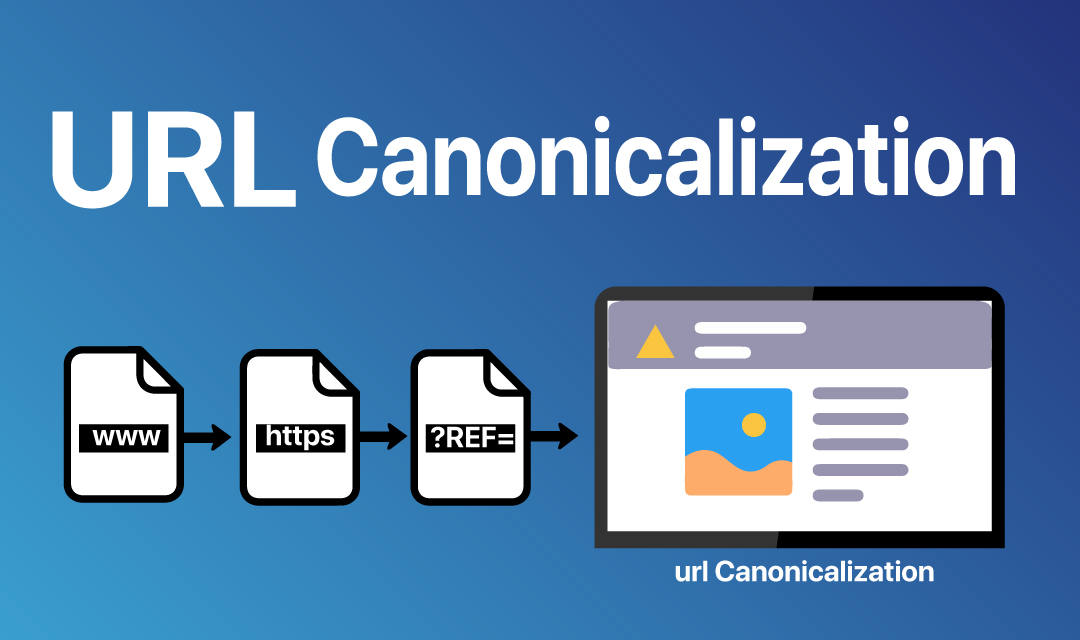
One of the first things discussed when beginning an SEO project is URL canonicalization. You may argue that the impact of having multiple URLs resolving to the same page may not have a huge effect on SEO (if you use it consistently internally), but it certainly doesn't hurt to normalize the URL so that only one URL serves a single webpage. Implementation is not too difficult for most webmasters, and there is a piece of evidence that URL canonicalization will have a positive effect on your SEO effort. You may use one form (www or non-www) of URL for all your internal linking, but you cannot guarantee that others will do the same on 3rd-party websites.
Search engines such as Google and Bing rank URLs, not websites or webpages. Having multiple URLs for single content will hurt your ranking especially when Google implemented the "Farmer" algorithm (February 2011) to penalize sites with duplicate content. So, how do you canonicalize your URL? There are a couple of ways to achieve canonicalization. Suppose, we want www.webtrafficexchange.com to be the default homepage of our website. We can make our webserver so that if someone requests http://webtrafficexchange.com, we can do a 301 (permanent) redirect to http://www.webtrafficexchange.com. That helps Google know which URL we prefer to be canonical.
If you have an e-commerce website with a lot of GET parameters such as sort order, category ID, session ID, or tracking ID for your conversion tracking; you may have single content served by various URLs like http://www.kiddietoys.com/?src=nextag&session=abc and http://www.kiddietoys.com/?src=shopping&session=xyz. To let Google or any search engines know that you have the preferred URL for all variations of those URLs, you may use <link> tag inside the <head> tag as shown below:
<link rel="canonical" href="http://www.kiddietoys.com.com/">
Google will understand that the duplicates all others refer to the canonical URL shown above. Additional URL properties, like PageRank and related signals, are also transferred.
What is URL Canonicalization?
URL Canonicalization (also known as URL normalization) is the process of resolving multiple URLs to a single standard URL known as the canonical name.
How does a non-canonicalized URL impact your SEO?
If Google sees a page as being published at two different URLs, it may rank your pages lower than they would otherwise. Non-canonicalized URLs can split link juice between pages if people link to variants of the URL, and hence affects link popularity (or PageRank) of the URL as well as possibly affect the depth of search engine crawl
How do I resolve the URL Canonicalization problem?
You can permanently redirect non-www URLs to the www URL with a 301 redirect. For the Apache web server, you can create a .htaccess file on your document root folder with the following content:
RewriteEngine On RewriteCond %{HTTP_HOST} ^webtrafficexchange.com [NC] RewriteRule ^(.*)$ http://www.webtrafficexchange.com/$1 [L,R=301]
Share this post
Leave a comment
All comments are moderated. Spammy and bot submitted comments are deleted. Please submit the comments that are helpful to others, and we'll approve your comments. A comment that includes outbound link will only be approved if the content is relevant to the topic, and has some value to our readers.

Comments (0)
No comment